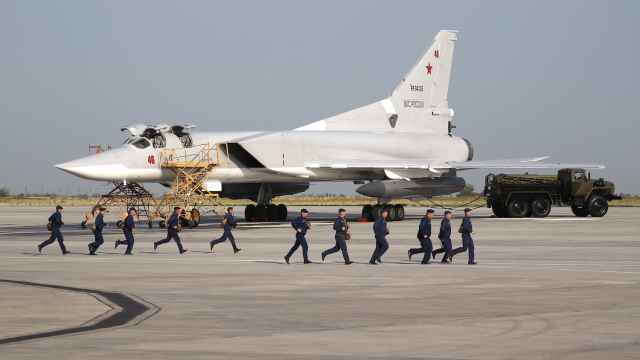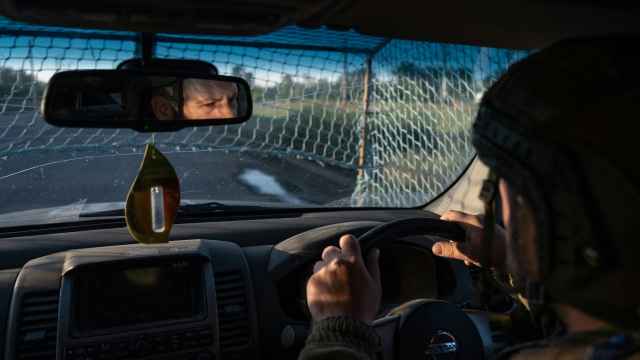Canadian pork shippers will comply with Russia's new zero tolerance requirements for the feed additive ractopamine in meat shipments, Canada Pork International said.
In a letter to Russia's Federal Service for Veterinary and Phytosanitary Monitoring, the industry group said that, as of Dec. 7, all Canadian pork exports destined for Russia are being tested to ensure they are free of ractopamine.
Russia is Canada's second-biggest pork export market in volume.
The tests are being conducted at one of three laboratories certified by the Canadian Food Inspection Agency, or CFIA. The government agency's export certificates now must be accompanied by lab tests negative for ractopamine, Jacques Pomerleau, executive director of Canada Pork International told Reuters in an interview.
"Since the Russians are requiring those tests, it's up to the companies to have the product tested and the results must be provided to CFIA so they can attach it to the certificates," Pomerleau said. "We need to comply with the Russian requirement. Russia is a very big market for Canada."
Canada Pork sent the letter to VPSS to clarify the shippers' position — that there is a strong consensus to comply with the requirement, Pomerleau said.
The CFIA itself has not changed its own procedures and tests for meat exports to Russia, Pomerleau confirmed. Last week, Canadian Agriculture Minister Gerry Ritz said the government had made no change and had told Russia that Canada does not think its new requirement is based on science.
"Canadian officials, in contrast to Canadian business, have yet to express willingness to adhere to the requirements of Russia and the Customs Union to abandon the use of synthetic growth stimulators in the production of goods exported to Customs Union countries," the Russian watchdog said in a statement.
U.S. trade and agriculture authorities have taken a stand against Russia's sudden decision to require that meat imports be documented as free of ractopamine.
A U.S. trade official said the United States remains "very concerned that Russia has taken these actions, which appear to be inconsistent with its obligations as a member of the World Trade Organization.
"We continue to call on Russia to suspend these measures and restore market access for U.S. beef and pork products."
There has not been any noticeable reduction in shipments of Canadian pork to Russia since Dec. 7, and December is typically a slow period, Pomerleau said.
The Canadian pork industry is also working on new protocols to demonstrate that Canadian pork shipments to Russia were derived from pigs that were not raised with the drug, which is used to make meat leaner.
Canada has shipped virtually no beef to Russia since it imposed the new rule on ractopamine, said John Masswohl, director of government and international relations for the Canadian Cattlemen's Association.
Masswohl said he's aware of only two major Canadian processing facilities — both owned by Cargill — that are currently eligible to ship beef to Russia.
A Message from The Moscow Times:
Dear readers,
We are facing unprecedented challenges. Russia's Prosecutor General's Office has designated The Moscow Times as an "undesirable" organization, criminalizing our work and putting our staff at risk of prosecution. This follows our earlier unjust labeling as a "foreign agent."
These actions are direct attempts to silence independent journalism in Russia. The authorities claim our work "discredits the decisions of the Russian leadership." We see things differently: we strive to provide accurate, unbiased reporting on Russia.
We, the journalists of The Moscow Times, refuse to be silenced. But to continue our work, we need your help.
Your support, no matter how small, makes a world of difference. If you can, please support us monthly starting from just $2. It's quick to set up, and every contribution makes a significant impact.
By supporting The Moscow Times, you're defending open, independent journalism in the face of repression. Thank you for standing with us.
Remind me later.





